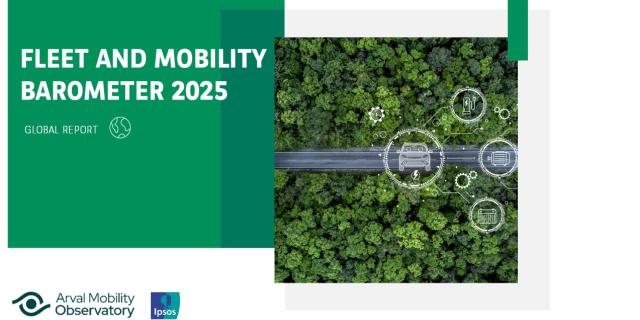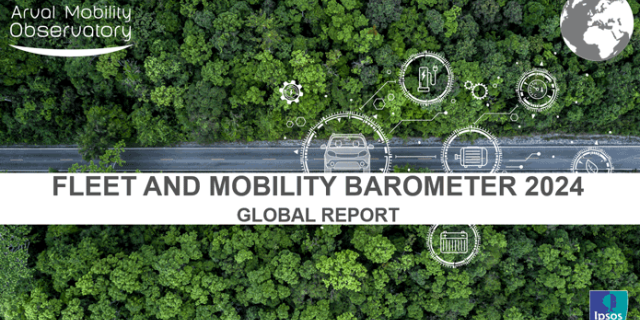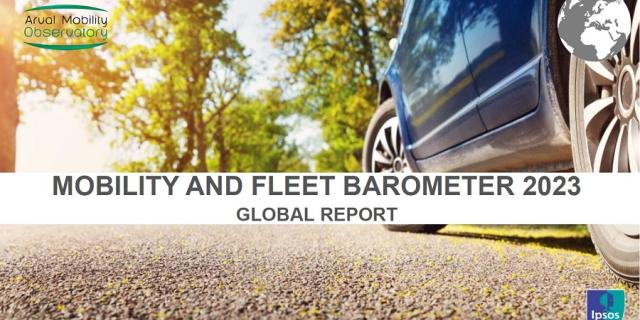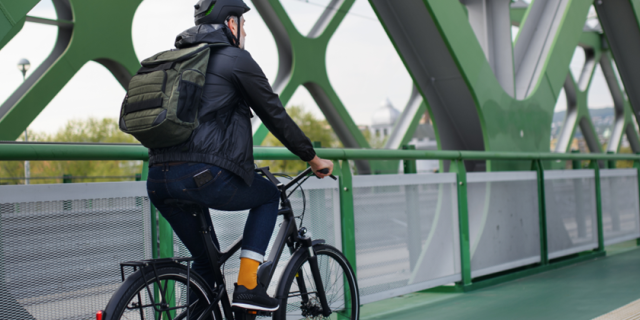HOW TO ACHIEVE ZERO-EMISSION MOBILITY FOR EMPLOYEES?
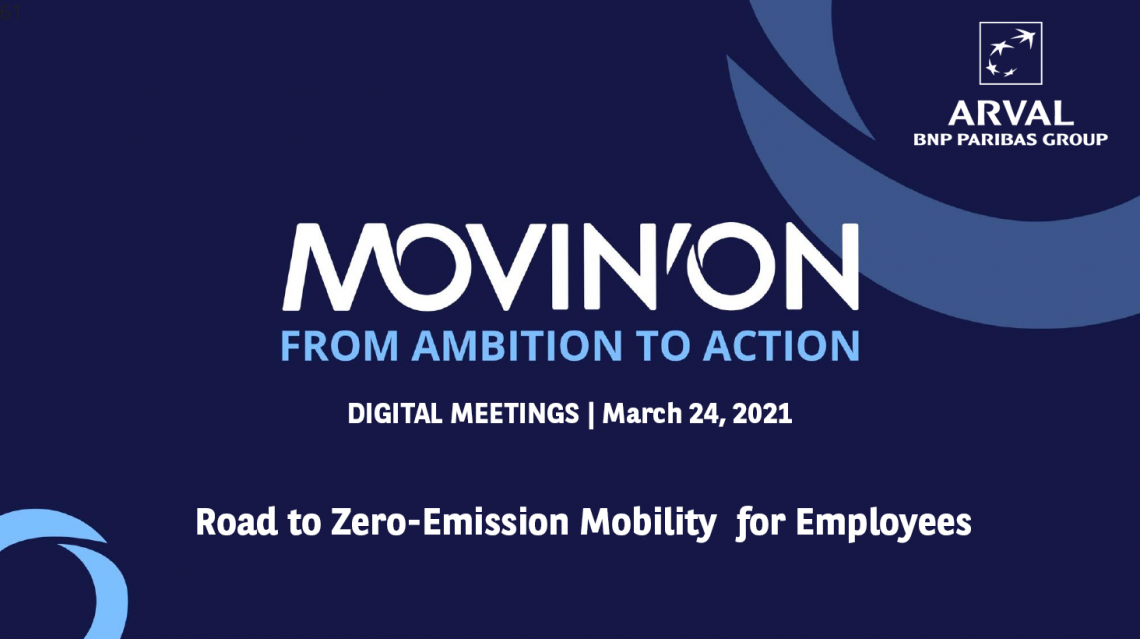
 Arval recently hosted a workshop examining “The Road to Zero-Emission Mobility for Employees” as part of the ground-breaking Movin’On initiative. Ronan Perrier, Head of Mobility for Corporates at Arval, provides his insight into some of the event’s highly significant findings…
Arval recently hosted a workshop examining “The Road to Zero-Emission Mobility for Employees” as part of the ground-breaking Movin’On initiative. Ronan Perrier, Head of Mobility for Corporates at Arval, provides his insight into some of the event’s highly significant findings…
Now is resolutely the time to act. When it comes to developing the zero-emission mobility of employees through fleets and corporate policies, the most proactive approach is truly imperative.
Arval is resolutely committed to becoming a leader not only in full-service leasing but also in sustainable mobility in all its forms.
As a company, we're also determined to lead transformations within our sector – and our objective is to reinvent car leasing and launch new sustainable mobility offers to meet the changing needs of our corporate customers.
These were among the many reasons why Arval was delighted to be asked to coordinate a workshop entitled “How to develop the zero-emission mobility of employees through fleets and corporate policies” as part of the Movin’On Road to zero emission programme.
Movin’On was established in 2017 by some of the world’s biggest automotive, technology and energy companies out of a shared common vision to place mobility at the heart of all human development. This is deemed to be essential to our societies while also being of universal benefit.
When we hosted our workshop in January 2021, we challenged participants – including representatives from Capgemini , DHL, EDF, Enedis, Free Now, MaaS Alliance, Masternaut, Microsoft, Groupe Renault, Total, Transdev, Visa and WBCSD – to identify actionable solutions.
We were primarily interested to find participants’ opinion on three areas: what they believe employee mobility services will look like in three years’ time; what the ‘roadblocks’ preventing success will be; and what solutions might overcome these issues.
With our guidance, the discussions went far beyond the electrification of fleets and incorporated all alternative mobility solutions such as car sharing, bike leasing, public transport – and more besides – as a joined-up approach to sustainable mobility.
From the beginning, the discussion was both lively and exceptionally engaged with different points of view being expressed enthusiastically. The different background and expertise of the participants blended to create a 360° vision of the topic.
There was also consensus that within three years employee mobility services will be both digitised and multimodal. What’s more, this new approach will allow employees to be both coached and incentivised to achieve the most sustainable outcome at the best price.
Companies will also offer employees a ‘mobility budget’ instead of, or in combination with a corporate car and this will be integrated into their benefit package. There will also be strict zero emission monitoring, via an app as well as a centralized dashboard.
However, among the 12 identified roadblocks to success were: the lack of clarity on the subsidy and taxation schemes; the diversity of regulations that exist from one country to another; the potential lack of data sharing among service providers and corporates; challenges relating to data privacy and GDPR; market fragmentation and redundant initiatives among competitors; and a lack of alignment among employee, employer and mobility service providers.
The identified solutions to these were examined from the perspective of both the employer and the employee.
From the employees’ point of view, the main solutions included: the creation of a mobility passport which could be used to smooth the switch between different mobility service providers; a zero-emission mobility card that allows benefits to be accumulated for a positive ecological impact; a zero-emission mobility coach available via a “one stop shop” app aggregating many mobility options; and further zero-emission incentives for zero-emission mobility.
From the employers’ perspective, some of the main takeaways included: the provision of a consultancy service to help companies design their own zero emission mobility policies and offerings; the creation of a corporate zero-emission mobility hub which promotes sustainable mobility initiatives; and the creation of key performance indicators which can subsequently be used to benchmark success.
Equally important was the creation of a zero-emission corporate dashboard to monitor – in real time – each company’s carbon dioxide emissions and the establishment of a ‘mobility budget’ policy.
Arval is currently leading by example and trialling some of these proposed solutions on our colleagues with our Arval 360° Mobility Offer. We’re determined to find out for ourselves the best approach before offering the most relevant solutions to our clients.
To conclude, one of the things that became clear from our workshop is that there is a real appetite among all stakeholders for collaboration to achieve the best possible outcomes, and this is the only way we will be able to unlock the full value for the end users.
As part of this, the need for multimodality will become even greater in years to come.
And this is the time to act.
More information about Movin’On: https://www.movinonconnect.com





